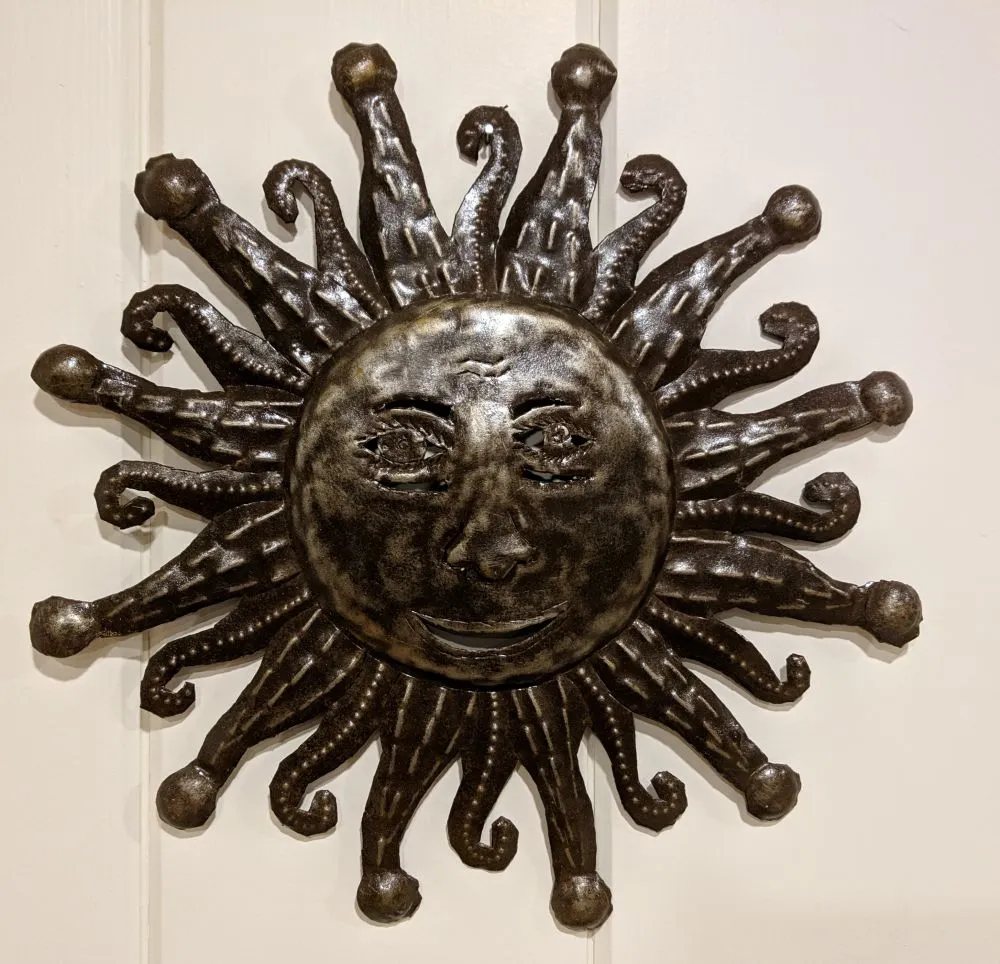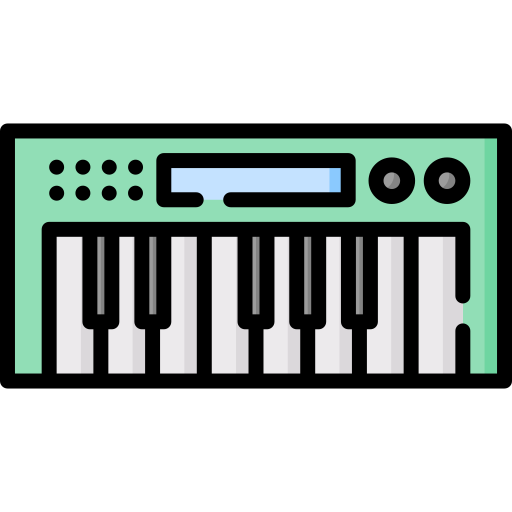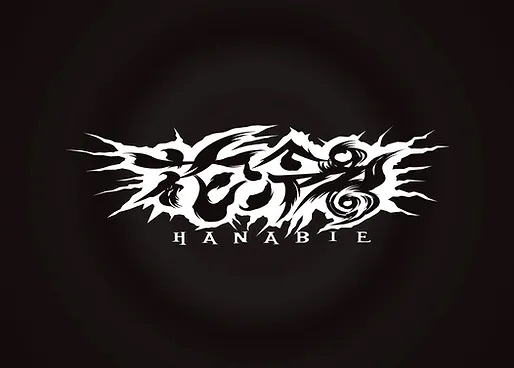Hey all, I barely passed the December 2022 N3 and last month, I went to Japan for the first time and spent two weeks there.
Overall, I was both disappointed and pleased with how far the N3 got me (note I’m talking purely about my skill level – at no point did I ever show anyone in Japan my N3 certificate lol).
On the one hand, some might say that N3 is enough for anime and conversations with normal people. As someone with a 31/60 on the listening section, this is categorically not true. I never got the chance to, nor do I likely have the ability to, hold a long everyday conversation with anyone in Japan. It’s not like I was surprised at my lack of skill by the time I was on the ground in Japan and talking to people, but I did expect to have been able to do so by the time I got an N3 back when I first started studying. So I am a bit sad that that expectation was off.
On the other hand, wow does real immersion make a huge, gigantic difference. When I first landed I had to ask people to repeat themselves slowly two or three times for me to get what they said, and people would often switch to English before I put together what Japanese words (that I already knew) actually corresponded to the sounds I was hearing when they were speaking Japanese earlier. But by the end of the first week, my conversation skill was enough for dining in restaurants, shopping in malls, speaking to hotel staff, and small talk with tour guides 100% in Japanese. It was incredible how comfortable I felt talking about non-trivial upgrade options or specific observation site locations, and it was also incredible how much nicer people treated me when I was speaking Japanese with them vs when my wife would talk first in English. It was absolutely 100% worth it for me to get to this level of skill, and it really made me feel like my work has finally paid off.
To conclude, if you’re like me and you grinded almost nothing but Anki all the way to around N3 level, you probably have the same mix of okay vocab/grammar but extremely shitty listening comprehension. If so, I highly recommend greatly increasing the amount of listening practice you do on a daily basis. I’m still not sure what’s the best way to study that, but I definitely could have used more of it before my trip. But at the same time, don’t despair if you’re going on a trip without that. You’ll be fine – trust your subconscious brain and enjoy the huge comprehension gains!
I was originally going to post this to Reddit but procrastinated pretty hard on it. Glad I did, because now I get to post it on Lemmy and not give Reddit my free labour :D
What’s N3? :o
The middle level in the Japanese Language Proficiency Test
Cool! How was the trip tho?
An absolute blast! So much good food there. We essentially planned our trip around the food and restaurants we would try and said “this is the best meal of our lives” on quite a handful of different meals lol. 10/10 would recommend
i wanna visit at some point. are there any tips or things that people might not expect?
Tips: check tabelog (Japanese yelp) for restaurant recs. They’re real harsh on reviews there – if a restaurant is rated above 3.5 you know you’re in for a good meal, and finding one above 4 is very rare. Many of the “best meals of my life” I talked about were from restaurants rated about 3.8 or so on tabelog (the 4+ ones were too expensive or too hard to book).
If you know some Japanese, calling restaurants to reserve will sometimes let you eat somewhere that you wouldn’t have been able to otherwise. Many restaurants in Japan are very small and/or reservation only without an online option, so being able to reserve in Japanese is a huge advantage. I used Skype to get a Japanese number to reserve with
In terms of Japanese language, like the other guy said prioritize your katakana reading ability. It’s by far the most useful bang for buck you could get in terms of language ability.
I did a lot of research before I went so there wasn’t much that we didn’t expect, but one big thing was how gruelling the jet lag is after the 13 hour flight. We definitely didn’t schedule enough restful days upon landing, and next time we’ll be sure to take it easy when we first arrive. Best of luck planning your trip!
I traveled from the east coast last fall (13 hour time change) and spent a week moving my day/night cycle by an hour or two a day. My wife thought I was crazy but I got a good 8+ hours of jet lag out of the way before leaving. The first day was rough, but after that it was manageable.
I had a similar experience. I first went to Japan when I had just passed N3 back in 2015. Needless to say, it wasn’t quite enough to be a competent adult, but it also wasn’t so poor I didn’t understand anything around me.
Some things I realized on my first trip there: Katakana is far more essential than you’d think, and conversely, Hiragana is far more useless as well. There are lots of 丁寧語 and 敬語 structures that will get thrown around even in the most common situations.
But then I returned to Japan in 2019, and I was already an N2 by that point (for a couple years already), and it was a completely different experience. My Japanese had improved a lot by then, and I was solidly making good every day conversation with all sorts of people. The leap was really noticeable too, with my main limitation being that my kanji knowledge was still somewhat lacking for a functional adult. Some people even complimented me asking how long I had lived in Japan and whatnot.
So the main takeaway, is that it’s normal to struggle a lot at an N3 level, but at the same time, you’re really not that far away from being able to use Japanese comfortably. Just a little more and you’ll get there for sure!
Thanks for the helpful advice! Already looking forward to my next trip, hopefully will have my N2 by then
Glad to hear about your successes in the trip! I’m still incredibly early in my own studies, but I’ve heard the best way to study listening comprehension is by regularly consuming media in the language. What that looks like might change depending on someone’s particular interests, but I’ve really enjoyed putting on Japanese Twitch streams in the background for games I already know (or don’t have any need to know, like competitive esports).
As expected, quite a lot flew over my head. But I was also surprised by how much I picked up on, both from the gradual improvement of my more formal studies and also from the loan words that tend to show up when talking about games. And I’m able to leverage my existing knowledge of the subject matter to just let my brain do what it can to contextualize what it’s hearing.
I’ll give that a shot!
This is so cool, I’m still early in my learning but I wanna get to this level at some point . Actually being able to hold casual conversation is so cool.
I came in 2013 and already had a few hundred hours of podcast/audio lessons under my belt (Pimsleur, then Michel Thomas, then Japanesepod101). My listening comprehension was way better than my reading, and I was still physically exhausted every night after listening to nothing but Japanese all day long. Listening is a physical skill, like speaking, and has to be trained.
That’s great to hear! I’ve lived in Japan for about a year now, and even with the daily exposure, listening comp is still easily my weakest skill. I’m probably around… N2ish? right now, but I’m not really studying for the test. I just want to communicate (more easily) with my peers lol.
Inspiring! My wife and I are too tied down in the west to move to Japan anytime soon unfortunately, but it’s reassuring to see that even people who live there have a hard time lol






